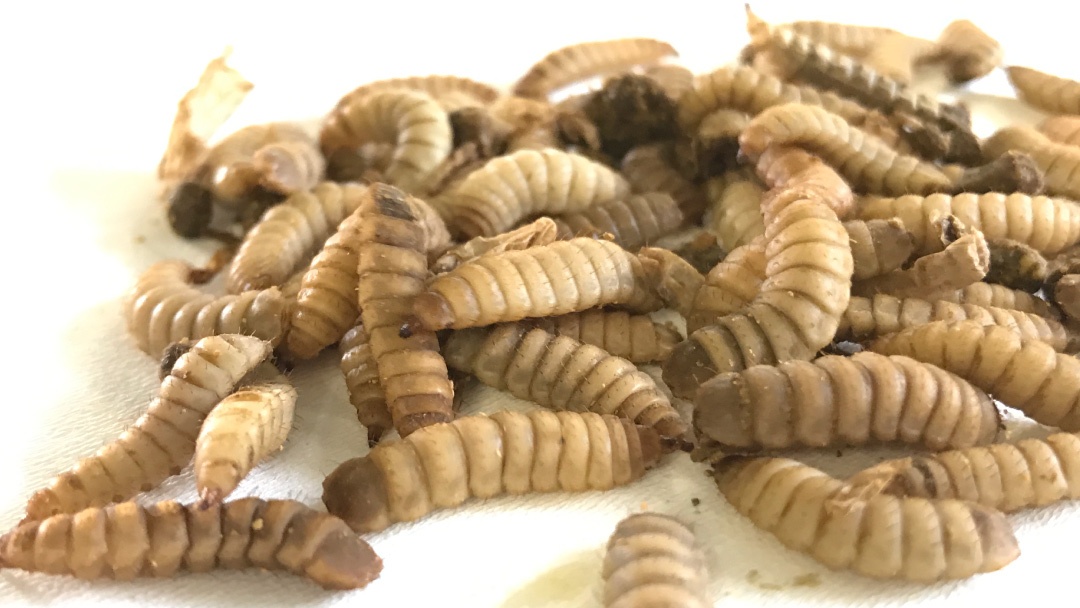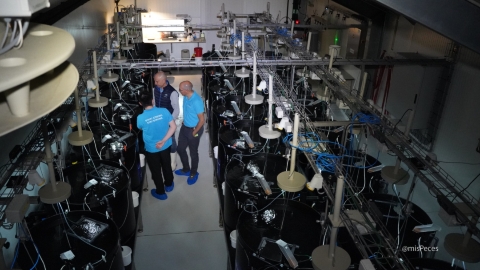
Black soldier fly (Hermetia illucens) oil is gaining attention as a sustainable nutritional alternative in aquafeed. Produced as a by-product from defatted insect meal, this oil offers both antioxidant and antimicrobial properties due to its composition, which is rich in saturated fatty acids.
Several studies are focusing on the potential of this ingredient and its sustainability for aquaculture. Moreover, it aligns perfectly with the principles of a circular economy.
One of the most recent investigations, led by the Interdisciplinary Centre for Marine and Environmental Research (CIIMAR) at the University of Porto in Portugal, in collaboration with researchers from the Instituto de Acuicultura Torre de la Sal (IATS-CSIC) in Spain and the University of Florence in Italy, sheds new light on its benefits as an ingredient to feed gilthead seabream.
According to the results of this study, incorporating the oil into the feed of juvenile gilthead seabream can enhance gut health and reduce oxidative stress without hindering growth. Among the most notable findings, researchers observed a linear increase in antioxidant enzymes such as catalase and glutathione peroxidase in the liver, indicating improved antioxidant metabolism.
Additionally, a significant reduction in intestinal lipid peroxidation was reported, contributing to overall better health.
Furthermore, the activity of plasma peroxidase, a positive marker of immune health, remained stable in fish fed with this oil. These findings highlight its potential as a functional ingredient in sustainable aquaculture.
Another advantage is its ability to partially replace vegetable oils, such as soy and palm oil, in mixed diets. This substitution is critical for diversifying lipid sources in aquafeed, particularly as the industry seeks to reduce reliance on ingredients that are directly used for human consumption.
However, it’s not without its challenges. Despite these advantages, its inclusion in diets must be approached with caution. The study’s results suggest that proportions of up to 7.9% can be safely used without compromising health or growth. Higher levels, however, could trigger inflammatory responses, including the overexpression of tumour necrosis factor alpha (TNF-α), potentially endangering fish health.
Despite its limitations, Hermetia illucens oil represents a significant step forward in advancing a circular economy within the aquaculture industry. Raised under controlled conditions and fed with organic waste, these insects transform leftovers into valuable resources, without competing with raw materials intended for direct human consumption.


